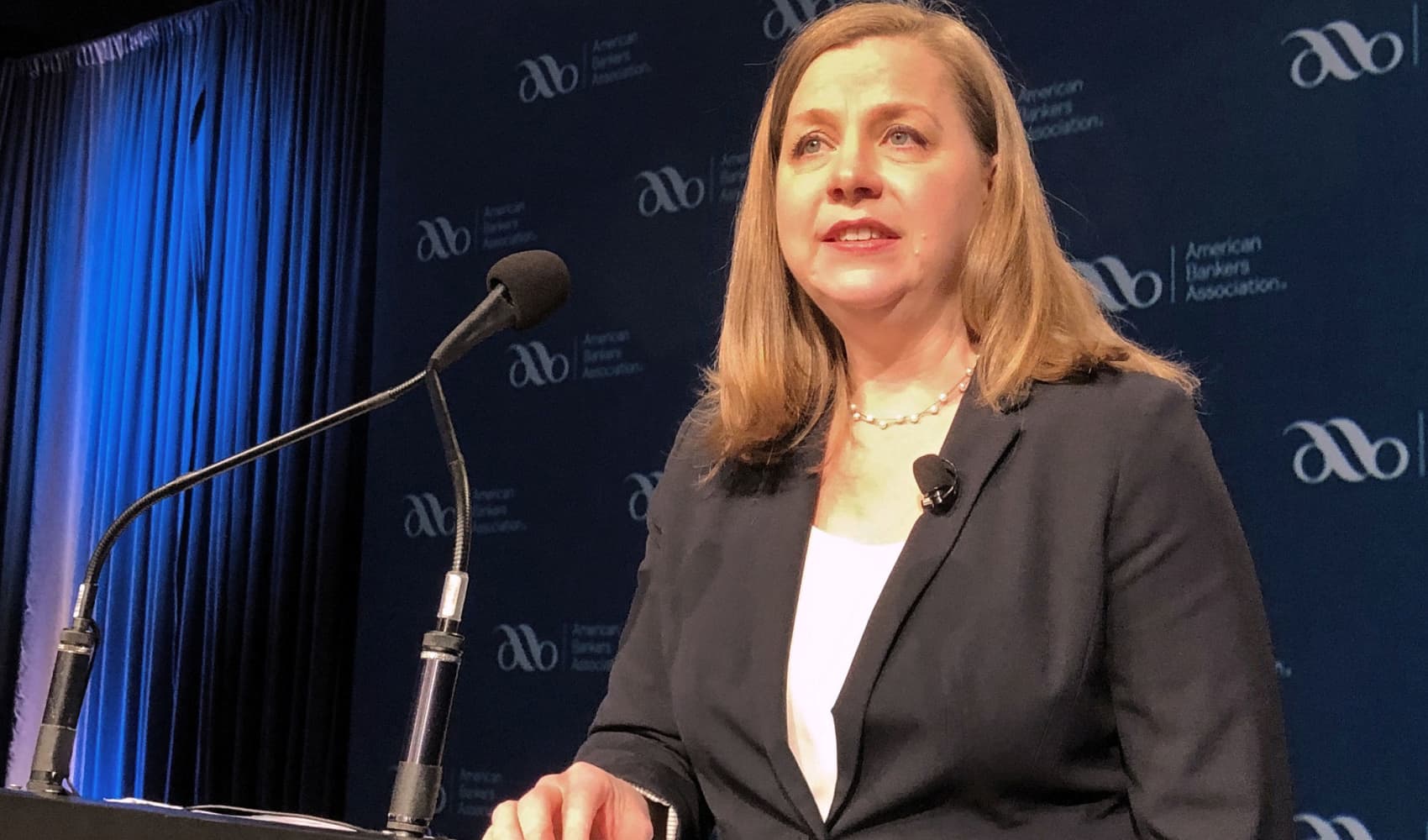
Hospice doctor Jordan Grumet.
People often tell me they're searching for their purpose, as if it's some elusive treasure hidden just out of reach. They imagine that if they could just find it, life would fall into place. Without it, they fear everything will be lost.
As a hospice doctor, I spend a lot of time with people facing the end of their lives. I've seen firsthand why this belief can lead to anxiety in up to 91% of people at some point in their lives.
Watch NBC6 free wherever you are
My response is always the same: You don't find purpose — you create it.
It's not about stumbling upon a fully formed sense of purpose. Instead, it's about identifying the inklings in your life that light you up. I call them "purpose anchors" — and they're clues you can use to build a meaningful life with few or no regrets.
Get local news you need to know to start your day with NBC 6's News Headlines newsletter.
Here are four ways to identify your purpose anchors and begin shaping your life around them.
1. Turn regret into action
The people I care for in hospice often speak to me about their regrets — things they wished they had done differently and dreams they let slip away. For them, regret is heartbreaking because it's final; they no longer have the time or energy to act.
Money Report
But for others, regret can serve as a powerful guide. So ask yourself: If I found out I only had a week to live, what would I regret never having the energy, courage, or time to do? The answer can point you toward a purpose anchor.
For me, writing a book was one of those potential deathbed regrets. I realized that if I were to die tomorrow, I would feel deep sorrow at not having shared my ideas. This recognition lit a fire within me, and I quickly got to work on my book, "The Purpose Code: How to Unlock Meaning, Maximize Happiness, and Leave a Lasting Legacy."
Whether it's starting a business, reconciling with a loved one, or pursuing a long-held aspiration, use regret as a catalyst to take action while you still can.
2. Rediscover the joys of childhood
As children, we instinctively pursue activities that bring us joy before society starts dictating what we should or shouldn't do. Think about games you played, hobbies that absorbed you, and dreams you had.
What posters adorned your bedroom walls? What did you love so much that time seemed to stop? For me, it was baseball cards. To this day, seeing a post about them on social media brings me joy. That feeling — that spark — is a purpose anchor.
By revisiting the passions of your youth, you can uncover activities that still resonate and build on them in meaningful ways.
3. Focus on what lights you up
Even in jobs or situations that aren't ideal, there's often one part you genuinely enjoy. The art of subtraction is about isolating that piece to identify what truly brings you satisfaction.
When I was working in general practice and struggling with burnout, I realized I loved the five to 10 hours a week I spent as a hospice medical director. Even if I weren't paid to practice hospice medicine, I knew I'd still show up for that work. That clarity helped me center my professional life around something deeply meaningful.
Look for the small pieces of your life that bring you joy — even if they make up just 5% of your time right now — to reveal purpose anchors worth building upon.
4. Try the 'spaghetti method'
If you're struggling to identify purpose anchors, you might need to experiment. Use the spaghetti method to throw a bunch of activities against the proverbial wall and see what sticks.
Say yes to things you'd usually turn down. Try something completely outside your comfort zone, even if it's just for a day. Maybe you volunteer at a shelter, take a pottery class, or join a community sports league.
If something clicks — if you find yourself looking forward to doing it again — you've likely found a purpose anchor.
Build a meaningful, regret-free life
Identifying your purpose anchors is just the first step. The real work comes in building a life of purpose around them. This isn't always easy. It takes time, effort, and courage to restructure your life around the things that truly matter to you.
But that's the beauty of creating purpose: It's a dynamic, ongoing process. It's about taking those inklings, those sparks of joy or regret, and weaving them into something that feels fulfilling and authentic.
So don't wait for purpose to find you. It isn't a destination you stumble upon. It's a life you build, one choice and one anchor at a time.
Dr. Jordan Grumet is a hospice medical director whose work weaves together medicine, finance, and the significance of purpose, making a profound impact on those seeking a meaningful life. He is the author of "The Purpose Code: How to Unlock Meaning, Maximize Happiness, and Leave a Lasting Legacy."
Want to up your AI skills and be more productive? Take CNBC's new online course How to Use AI to Be More Successful at Work. Expert instructors will teach you how to get started, practical uses, tips for effective prompt-writing, and mistakes to avoid. Sign up now and use coupon code EARLYBIRD for an introductory discount of 30% off $67 (+ taxes and fees) through February 11, 2025.






